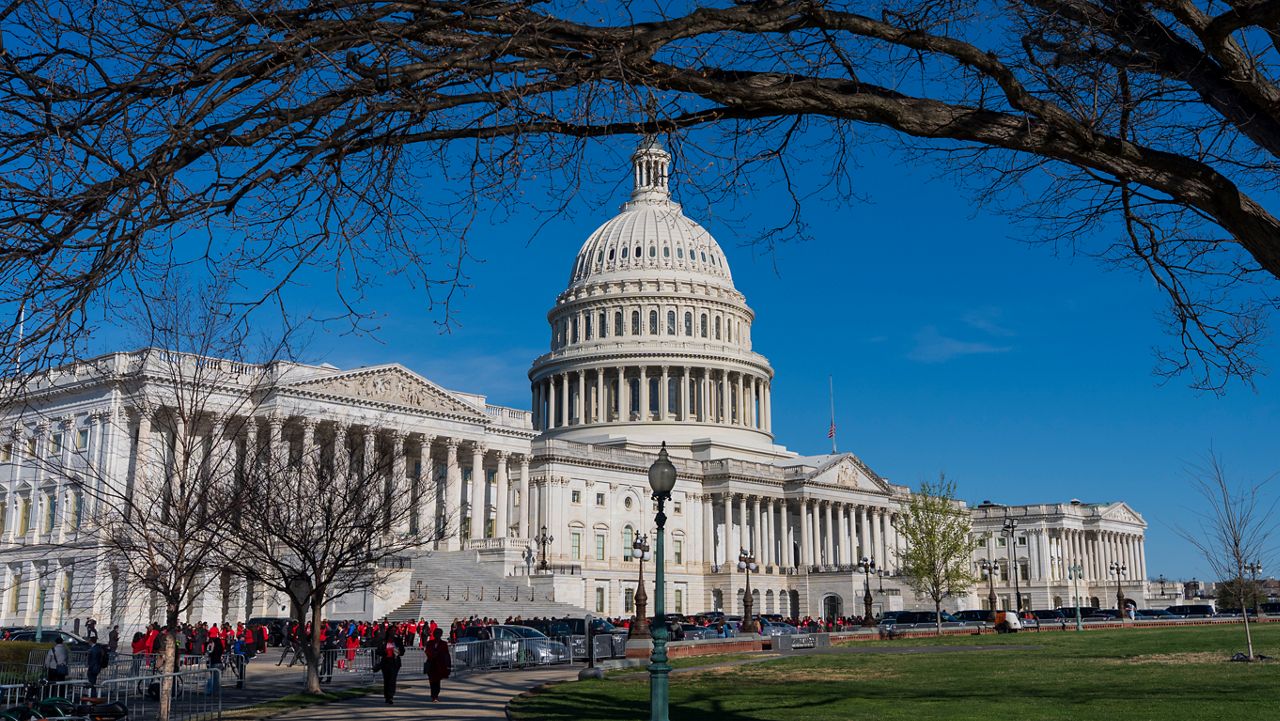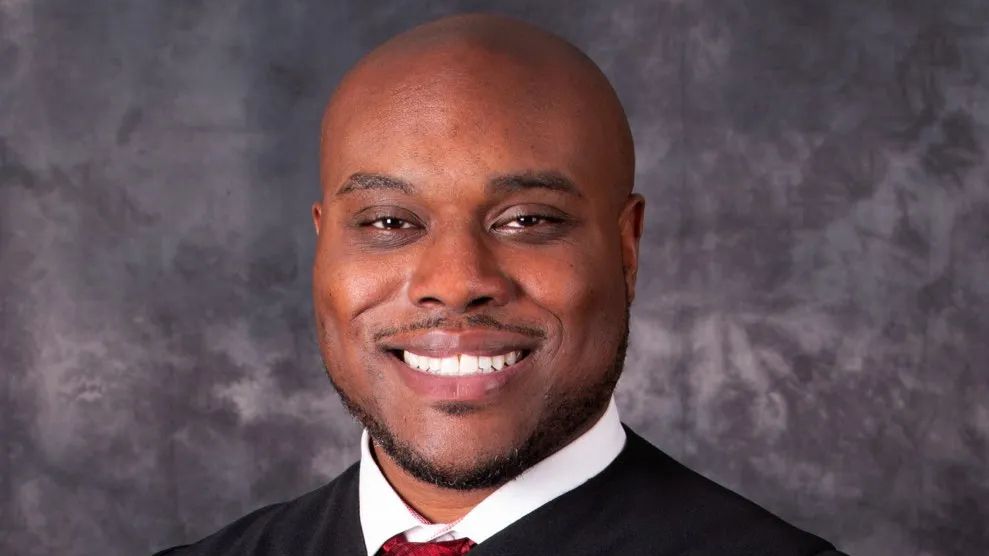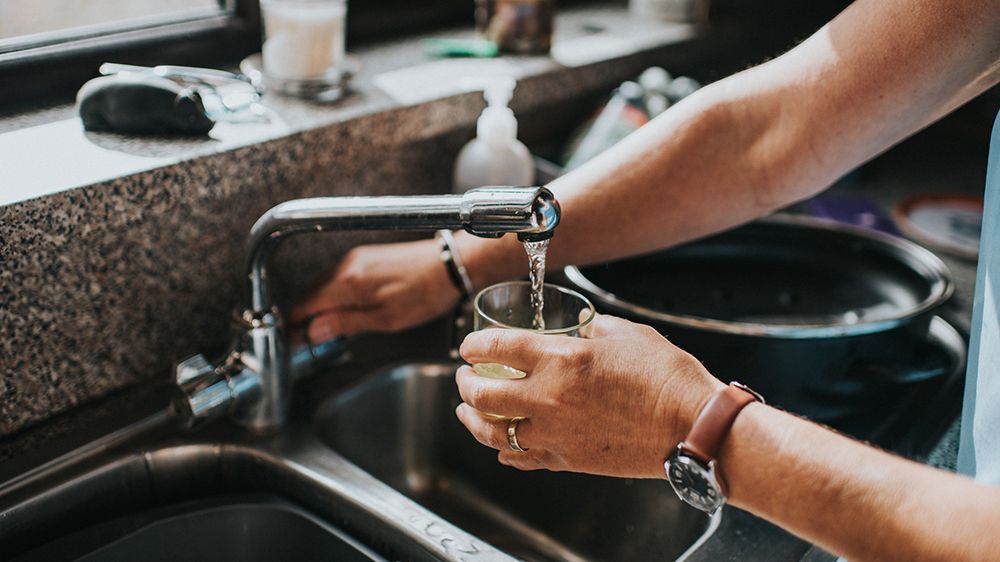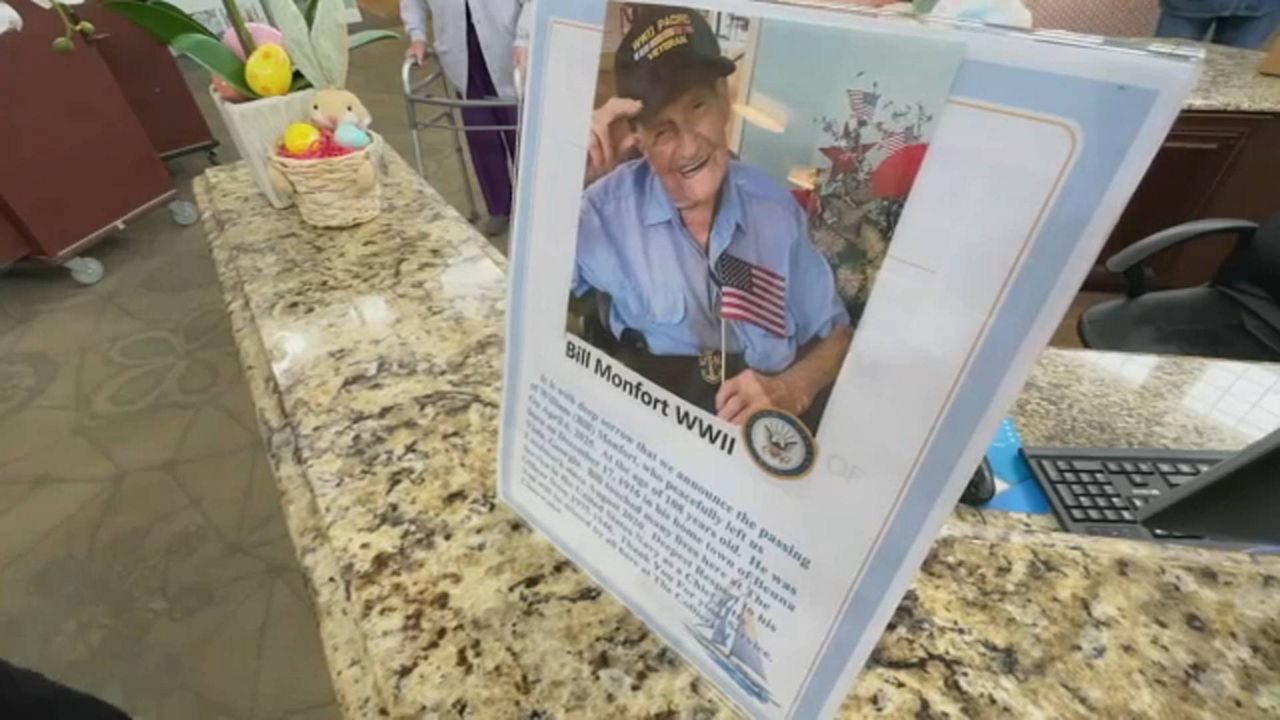ORLANDO, Fla. — After a three-year pause, student loan payments have now restarted. Tens of millions of borrowers will now have to start paying off their debt for their college education, an education that President Joe Biden said should be a ticket to the middle class.
What You Need To Know
- Jay J. Rodriquez has $60,000 in student loans
- He had a business, but it dried up once the pandemic hit
- Now he is unemployed and in debt
However, for many in our area, that hasn't been the case and they are still not ready to make those payments.
Leaving Orlando is not what Jay J. Rodriguez pictured.
“We have to live where we can afford and unfortunately Orange County is out of our pockets,” said Rodriquez, who has $60,000 in student loans.
The husband and father of two is packing up 21 years of their lives into boxes, hoping to find better opportunities in Marion County.
“We are going to be trying to start another business out there, Shammy’s bistro," said Rodriguez.
One of his biggest financial concerns is his student loans.
“You expect to be able to pay off your debts and be solvent and then all of the sudden you know … you are not,” said Rodriguez.
Rodriguez took out a loan to attend the University of Phoenix and earned a bachelor’s in business. He considers it one of his biggest accomplishments that helped him start his own business.
“I only had my high school diploma with me for that time and it served me well but then people were asking, ‘What more do you have that the high school and years of experience weren't enough?’” said Rodriguez, looking at his degree on his wall.
He was making monthly payments of more than $300, but when the pandemic hit, his business dried up leaving him unemployed and $60,000 in debt.
While the need to make payments on his loan stopped, so did his ability to budget for when they restarted.
“Food went up, rent went up, electricity went up, so when things went up, how can you save?” questioned Rodriguez.
Now that payments are due again, Rodriguez is stressed and knows he is not the only one feeling the pressure.
“It is kind of like a hook in your personal life,” said Rodriguez.
The White House announced there will be a 12-month “on-ramp” to repayment over the next year so that financially vulnerable borrowers who miss monthly payments will not be considered delinquent, reported to credit bureaus, placed in default, or referred to debt collection agencies. Despite that, Rodriguez doesn’t expect a break from his lenders.
“Oh, I know their response will be, ‘I am sorry for your luck, you've got to pay,’” said Rodriguez.
Now, as Rodriguez packs up for a new future, all he can focus on is making enough to make his payments again.
“I am not looking forward to debt, but getting rid of it, I am looking forward to that a lot,” he said.









